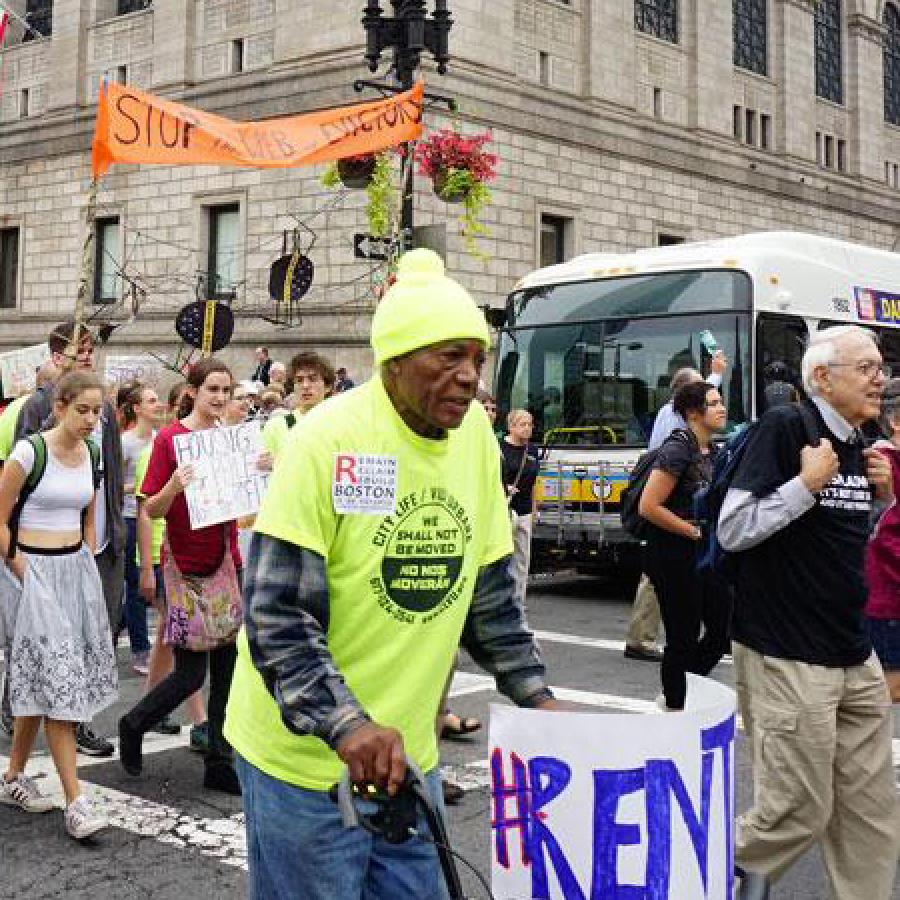Why Cities Must Keep Equity a Central Focus in Building a Culture of Health
Cross-posted from Cities Speak
Where you live determines your health as well as your proximity to opportunity. However, deep patterns of discrimination, racial segregation, and decades of federal, state and local policies have dictated where people live and the opportunities to which they have access. Despite advances in public health and improved economic prosperity, poor health outcomes disproportionately affect low-income communities and communities of color.
We cannot ignore how historical, systemic and structural racism has also shaped our nation’s cities and towns, resulting in disparities in education, housing, employment and health. Low-income communities and communities of color are still feeling the impacts of those decades-old decisions today. For these communities, the lack of key resources and services results in poor and costlier health outcomes, which are referred to as health inequities. Simply put, race and place matter when it comes to health and well-being.
In addition to having serious health consequences for individuals and families, health inequities negatively impact the economic competitiveness and vitality of cities through lost potential and productivity.
- In 2000, the infant mortality among African Americans occurred at a rate of 14.1 deaths per 1,000 live births, which is more than twice the national average of 6.9 deaths per 1,000 live births that same year
- Children who experience hunger are more likely to be in poor health and have behavioral and emotional problems in schools. Additionally, children experiencing hunger are more likely to repeat a grade and require special education services
- Researchers estimate that childhood lead exposure in homes costs society over $50 billion per year due to lost economic productivity resulting from reduced cognitive potential
Now more than ever, municipal leaders have a responsibility to lead the way in partnering with communities to reimagine, design, and plan healthy places for residents to live, learn, work, and thrive.
“Economic development is integral to having a healthy community. If we can address the economic issues in our neighborhoods, we can help people live healthier lifestyles,” says Mayor Mark Holland, Unified Government of Wyandotte County, Kansas City, Kansas.


